On March 8th, a frail G.N. Saibaba made his first public statement in ten years after a decade of torture and a lifetime of injustice. A professor of the Department of English at Ram Lal College in New Delhi, he was incarcerated under the draconian Unlawful Activities Prevention Act 1967, accusing him of having Maoist links.
On March 8th, a frail G.N. Saibaba made his first public statement in ten years after a decade of torture and a lifetime of injustice.
As he was accompanied by his friends and other activists, he recounted his life at the Nagpur jail as a disabled person in solitary confinement. Saibaba’s acquittal cannot be considered an instance of the prevailing justice; instead, it marks how the judicial system becomes part of the state’s plot of criminalising dissent in India.
Even though the Nagpur Bench of the Bombay High Court granted him bail, asserting that the charge under ‘conspiracy’ against Saibaba could not be proven, there are multiple other activists, journalists, and writers writhing away in India’s prisons, awaiting justice.
The arrest of Saibaba and judicial apathy
G.N Saibaba was arrested in 2014 by the Maharashtra police for his involvement with the banned Community Party of India (Maoist) and its organisation, the Revolutionary Democratic Front, along with Pandu Narote, Hem Mishra, Mahesh Tikri, Prashant Rahi, and Vijay Tikri. As a human rights activist, he was a critic of the Central Government’s exploitation of the Adivasi communities in Central India.
As a human rights activist, he was a critic of the Central Government’s exploitation of the Adivasi communities in Central India.
After his arrest, he was granted bail in 2022 by the Bombay High Court for the lack of valid sanction under the UAPA. However, the Maharashtra government responded by lodging an appeal in the Supreme Court mere hours after the Bombay High Court’s ruling. The Supreme Court promptly issued a stay on the lower court’s bail order, halting Saibaba’s release. The Special Bench comprising judges Bela Trivedi and M.R. Shah commenced on a non-working Saturday to pronounce that Saibaba has committed a ‘very serious crime against the sovereignty and integrity of the country.’ This haste in the stay order proves how the judicial system in these times aided the fascist regime in its witch hunt against the voices of opposition.
The bench also went ahead in rejecting his plea for the wheelchair, remarking that ‘as far as terrorist activities are concerned, the brain plays a very important role. A brain for such activities is very dangerous’. This statement points towards how the judiciary is able to interpret free thinking as terrorist activity and backs the state’s attempt to curb the freedom of free speech and expression. In the state’s eyes,, peaceful protests, public demonstrations, and political writings can be seen as artillery that can potentially ‘harm’ the nation.
The state sponsored torture
As a person with 90% disability, Saibaba was subjected to grave physical and emotional torture, along with being confined to the British-era oval-shaped torture chamber, ‘Anda cell’ in the Nagpur jail. He sustained injuries in his left hand as he was dragged by the police during his arrest. Infected with COVID-19 two times, he had to bear witness to the helpless death of his co-accused, Pandu Narote, who died due to Swine Flu while in jail. The death of this 33-year-old man from a fever is a mockery at India’s justice system and a reminder of the brutality of the fascist times that we live in. As he is also now acquitted along with five others and Saibaba, his death lingers as a qualm for the country’s conscience. Narote was not dead; he was the victim of a state-sponsored murder.
The fate was the same for Stan Swamy, an 84-year-old Jesuit priest who was arrested for involvement in the Bhima Koregaon case and died in judicial custody in Taloja prison in 2021. A Parkinson’s patient, he has contracted Covid while being in jail.
Saibaba was denied his wheelchair in the prison and had to depend on his fellow inmates to move and eat. In his press address, he says that the jail did not have a ramp for disabled people, confining him to his cell. He was carried by his fellow inmates every time he had to move in the wheelchair, adding to the physical difficulties he was already going through. Despite numerous interventions, including those from the Office of the United Nations High Commissioner for Human Rights (OHCHR), highlighting the grave health risks he faced due to untreated medical conditions, Saibaba was deprived of essential medical assistance.
In his speech made on 8th March, he recalls how he was not allowed visitation rights to see his dying mother, who carried him to school as a kid, ensuring his education. He was also denied parole to attend her funeral or to perform her last rites. He remarks that it is only by chance that he came out of the prison alive during the press briefing on March 8, prompting us to rethink our faith in the justice system.
Surendra Gadling, the human rights lawyer who appeared for Saibaba in the sessions court, was also accused of the Elgar Parishad case and is put behind bars. In spite of multiple applications, Gadling, who suffers from multiple cardiac and psychiatric issues, is also denied medical assistance. One of the more appalling facts is that the systematic way in which such grave injustices have been normalised in the country today and that the shift towards a complete autocracy would not be much of a task for the authoritarian regime. With the dissent also out of the way, this would be a cakewalk.
The fact that Saibaba endured this torture for a decade without any improvement in his condition proves how the system has failed. Despite his innocence, which has been proven in the acquittal, there is no state accountability for the torture that was inflicted or the harm that it has caused. Pandu Narote and Father Stan Swamy are seen as UAPA martyrs, as their deaths were noted with the government’s assault on people and the judiciary’s failure to prevent it.
UAPA and state’s impunity
The Unlawful Activities Prevention Act of 1967 is the latest and much-used weapon of the BJP government in curbing dissent. Brought in to protect the ‘integrity and sovereignty’ of India in 1967 by the Indira Gandhi government, this law is now being used against writers, lawyers, journalists, activists, and academicians, labeling them as ‘terrorists.’ The 2019 amendment gives the central government the power to declare any individual as ‘terrorists,’ whereas only organisations could be labelled with the same according to the original act of 1967. In the case of Saibaba, the literature found in his laptop was used as evidence to prove his association with the banned Maoist organisation.
Even with the absence of any substantial evidence, the persons are forced into prisons torturing them with isolation as they await the trial. In the data revealed in the Rajya Sabha in 2022, 97.5% of people arrested under UAPA between 2016 and 2020 have been imprisoned for multiple years while waiting for trial. Therefore, it is the best measure to curtail the freedom of the individual and cut them off from society. This should be read along with India’s fall from a democracy to an electoral autocracy. Here, the authoritarian measures of suppression and control are being employed in the garb of legality.
The imposition of UAPA, a law conventionally associated with the period of emergency, is a murder of democracy.
The imposition of UAPA, a law conventionally associated with the period of emergency, is a murder of democracy. Ranging from activists Umar Khalid and Sharjeel Imam to journalist Prabir Purkayastha, the government machinery is quick to identify opposition and is efficient in suppressing it. Khalid and Imam have been charged with UAPA for their involvement in the protest against the Citizenship Amendment Act while Purkayastha, along with many other people in NewsClick, has been booked for their journalistic work. The list also includes Professor Hany Babu and Jyoti Jagtap, arrested in the Bhima Koregaon case and Gulfisha Fatima, for her involvement in the anti-CAA protests and many more. Rupesh Kumar Singh, an independent journalist from Jharkhand, working on the issues of the Adivasi community, was also booked under the UAPA on July 17, 2023.
According to Saibaba, the only thought that kept him going was the hope that he could be freed one day and allowed to work for the people as he did before. As he has been acquitted of the charges, there have been calls for his reinstatement as a professor at Delhi University. Rather than being seen as a tokenistic attempt, this should be seen as a form of restorative justice for all the harm caused to Saibaba and others. Therefore, Saibaba’s ten years spent in Nagpur jail should be held against the efficiency of India’s seventy-four years of ‘democracy.’
About the author(s)
Hajara Najeeb is interested in topics concerning gender and minority rights. She also writes on cinema and its political implications. She has graduated from Tata Institute of Social Sciences.
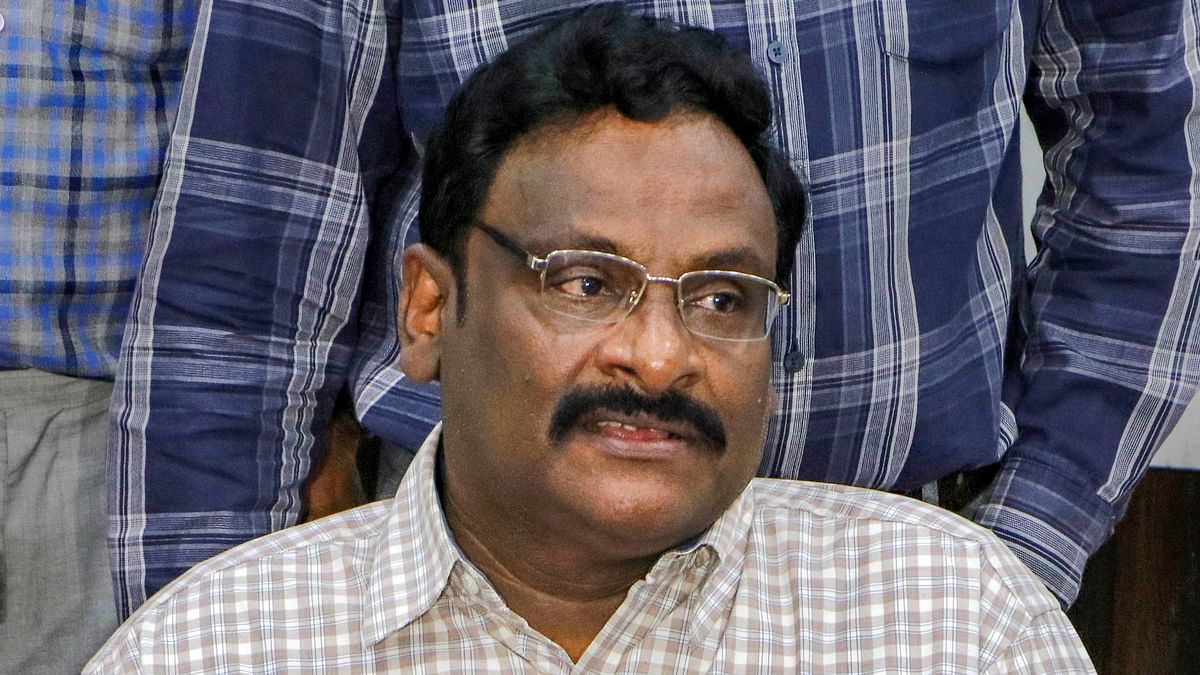
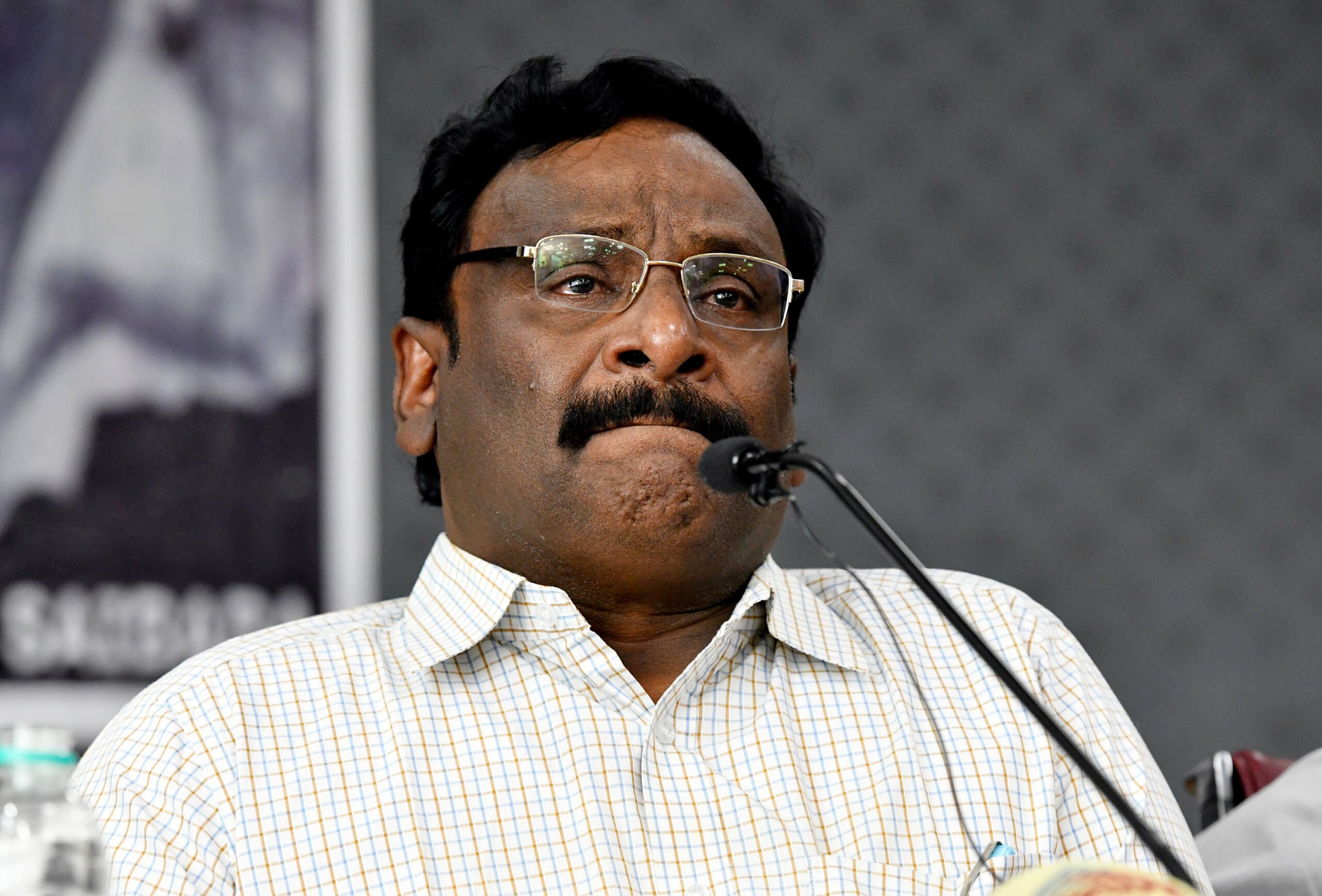
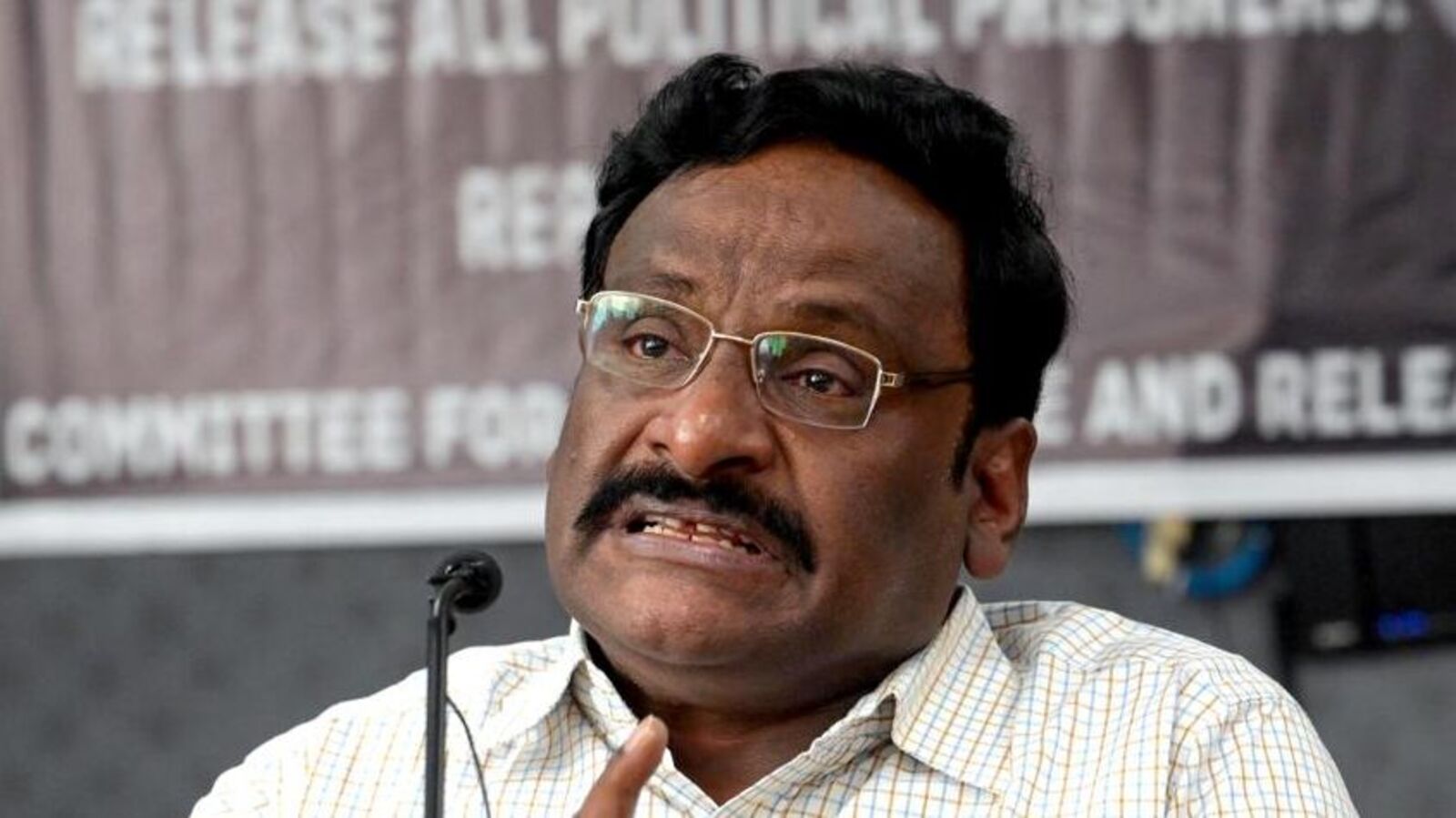
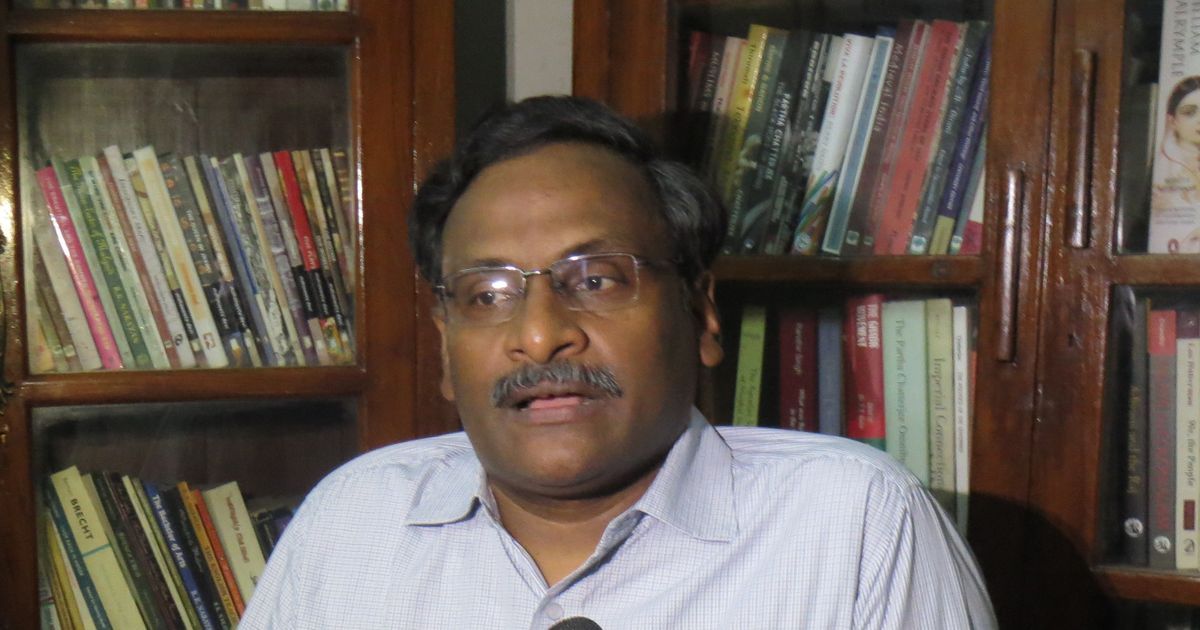
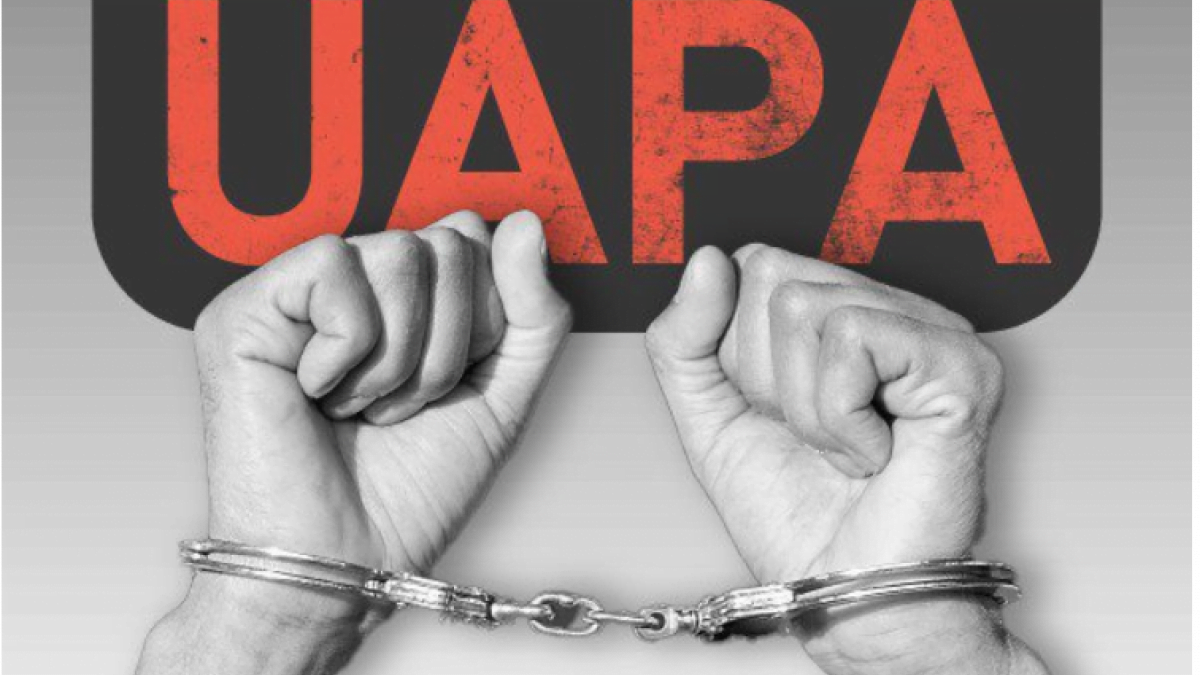



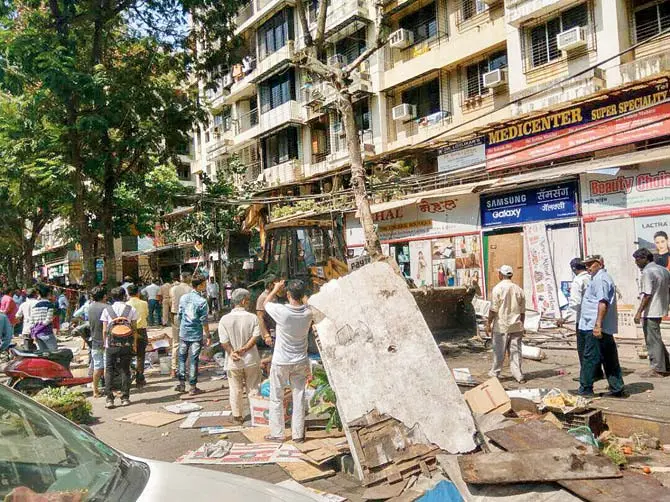


Comments:
Comments are closed.